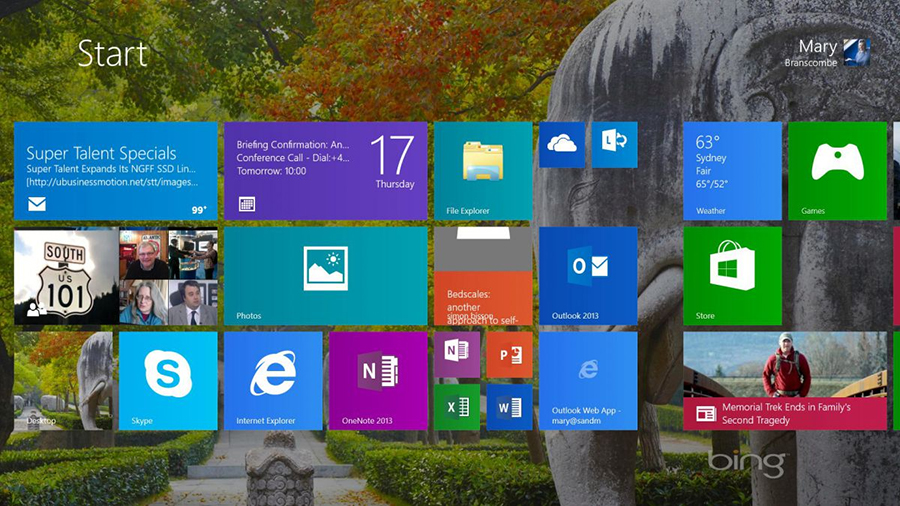New website bug can crash Windows 7 and 8
IE, Firefox affected

Just as we're all recovering from the spread of WannaCry, another security problem shows up on the internet - in this case a special line of web code that can send Windows 7 and Windows 8 into a serious slowdown.
As Ars Technica reports, Russian security experts have shown how a rogue file call to the Windows Master File Table on an NTFS disk can soak up system resources and end up leaving your computer pretty much unusable, eventually leading to a crash.
All that it takes is a visit to a page showing an image coded in a certain way, and your woes begin. Your machine isn't actually hacked or exposed, but it's an annoying little bug that Microsoft will no doubt be scrambling to fix.
Turn it on and off again
Windows 7 and Windows 8 (and 8.1) are the OSes affected, along with Windows Vista which is no longer supported by Microsoft. If you're using any browser in Windows 10, or Google Chrome on any OS, you should be safe.
While the bug has been reported to Microsoft, we haven't heard any official acknowledgement of the problem or any timescale on when a fix might be pushed out through the usual channels.
As always, keep your browser and your operating system right up to date to minimize the risk of getting hit by these sort of issues. No one seems to have tried to use the trick yet out in the wild, but if you do notice problems, a simple reboot should fix it.
Sign up for breaking news, reviews, opinion, top tech deals, and more.

Dave is a freelance tech journalist who has been writing about gadgets, apps and the web for more than two decades. Based out of Stockport, England, on TechRadar you'll find him covering news, features and reviews, particularly for phones, tablets and wearables. Working to ensure our breaking news coverage is the best in the business over weekends, David also has bylines at Gizmodo, T3, PopSci and a few other places besides, as well as being many years editing the likes of PC Explorer and The Hardware Handbook.